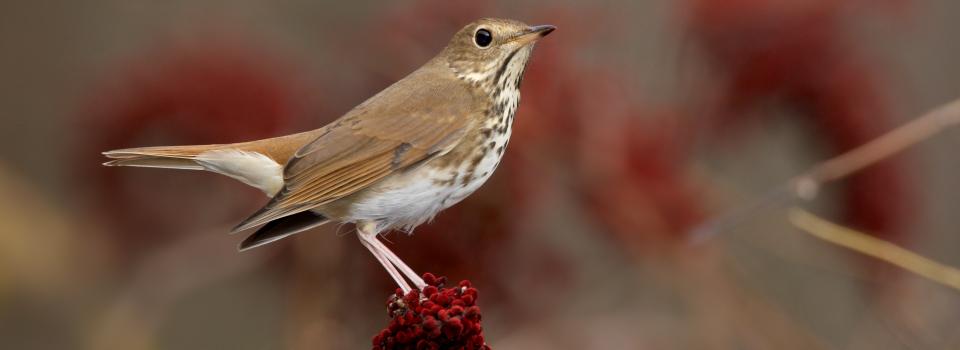
Hermit Thrush
Photo by: Robert Royse
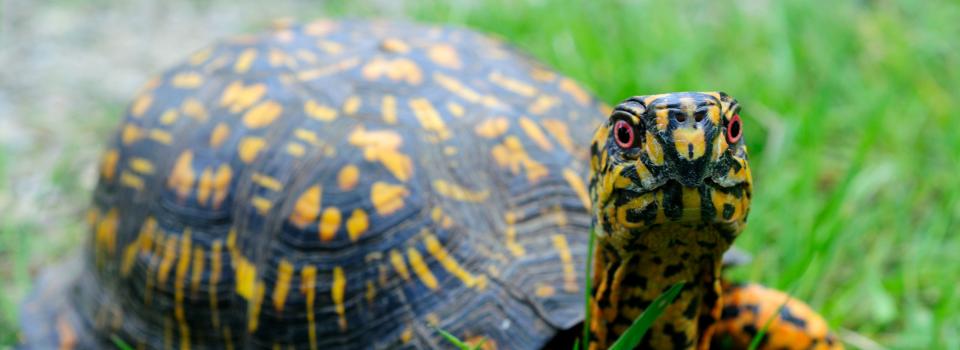
Box Turtle
Photo by: Jonathan Mays
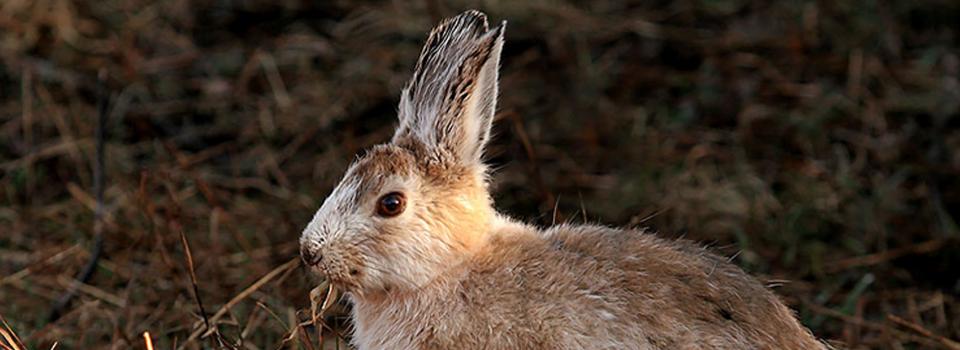
Snowshoe Hare
Photo by: Mike Hodgson
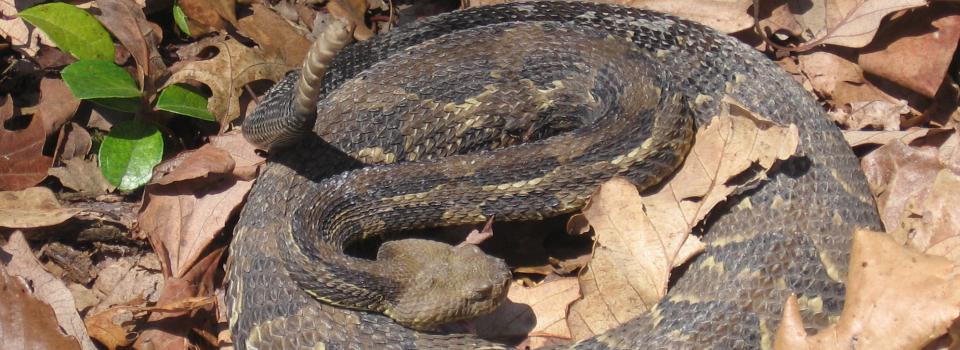
Timber Rattlesnake
Photo by: Kelly Wiley
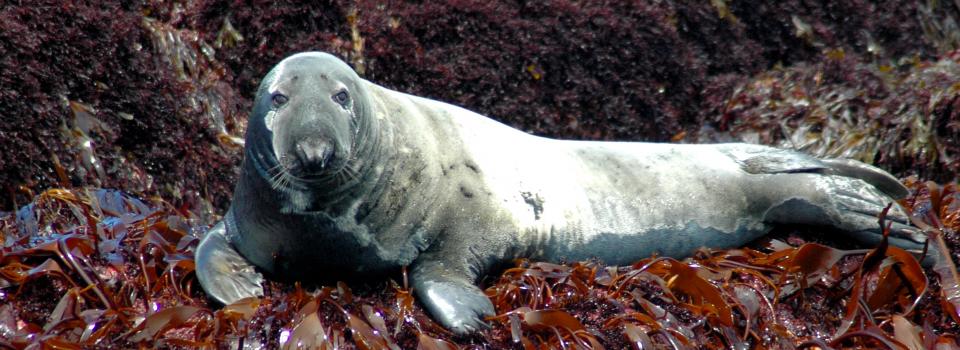
Gray Seal
Photo by: Jonathan Mays








RCN PHASE 2; PROJECT 1 TURTLES; JOB 3 ROAD MITIGATION
The Northeastern USA supports five species of Emydine turtle, including Blanding's, Spotted, Eastern Box, Wood and Bog Turtle, all five are Regional Species of Greatest Conservation Need. Regional working groups led by state wildlife agencies have developed and continue to refine Conservation Plans based on Conservation Area Networds and prioritized, site-specific actions. Regional Conservation Need projects use regional investments to help ensure the stability of remaining turtle populations by addressing the most urgent regional conservation priorities.
This initiative will improve our overall approach to identifying turtle road mortality concentrations, designing effective mitigation strategies, and assessing mitigation efforts. Road mortality associated with habitat fragmentation is a major threat to the persistence of freshwater turtle and Diamondback Terrapin populations. Preventive measures for road mortality include warning signs for motorists, turtle-exclusion fencing, and tunnels under roads, the latter of which can be costly to install or maintain. Directed evaluation of the efficacy of these measures is needed in order to support an adaptive management framework for turtle conservation in the Northeast, especially since it is suspected that efficacy may vary by species and range wide. Strategic and coordinated identification of road mortality “hotspots” and the evaluation of the effectiveness of turtle-driven road mitigation measures are critical to providing resource managers with the data to adapt and design increasingly effective road mitigation tools in the future. Existing partnerships that focus on road ecology (Northeast Partners in Amphibian and Reptile Conservation working groups) and the bi-annual Northeast Transportation and Wildlife Conferences will be leveraged to collaborate on product development and communication/outreach of final deliverables. Specifically, RCN funds for this initiative will support: (A) development of a standardized approach to identifying and documenting road mortality hotspots, (B) a database of regional roadway mitigation projects for turtles to facilitate best future design practices; (C) development of Best Practices for common mitigation measures; (D) development of standardized protocols for pre- and post-mitigation implementation monitoring; and (E) meta-analysis of the effectiveness of these mitigation actions. RCN funds will not be used for construction of any mitigation structures.
Non-federal match totaling at least 35% of the total project budget will be provided by state and partners contracting with WMI, and may include volunteer road crossing assessments, reduced rates on contractual services, and technical assistance to key landowners and agencies.
This page describes the GSAs that have been developed under Project 1 Job 3. The progress reports and final reports for each GSA under Job 3 will be posted on this page.
GSA Number: GSA 00033
GSA Title: Road Mortality Hotspot Identification
GSA Contractor: Clarkson University
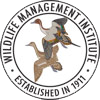
© 2020 A Wildlife Management Institute Project